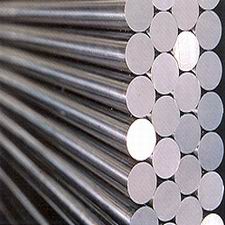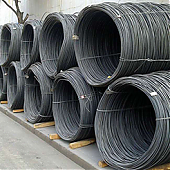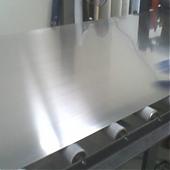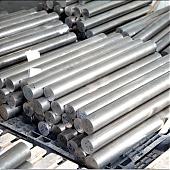Why is it called stainless steel?

Why Is It Called Stainless Steel?
The common misconception many people have about stainless steel is that it is something that will not stain, rust or corrode. However, the reality is that only A316 or what they call “true stainless steel” falls under this category. Anything lower is considered mild stainless steel like the A308 and it will corrode or rust because it has iron. Lower quality of stainless steel usually is porous which means if it comes into contact with certain corrosive and stain-prone elements like coffee or tea. It must be emphasized though that even the lower quality stainless steel will not rust but will look worn down because of the stains.
For industrial grade stainless steel, it is imperative that high quality stainless steel be used because it should last more than one lifetime. The chromium content should meet a minimum requirement to produce enough chromium oxide layers on the surface of the stainless steel.
Chromium oxide is an inorganic compound that is used to block air on stainless steel to prevent corrosion. This is the compound that keeps stainless steel stainless. Once this layer is chipped, brushed, or cleaned with a harsh tool like steel wool it will start to get stains and develop rust.
Some companies have used the term “corrosion resistant” instead of stainless steel when explaining their products to buyers to differentiate the classification of stainless steel products. Other companies are more technical and refer to the alloy number instead like 316 to represent a high quality of stainless steel.
History will show that stainless steel became a household term because it appealed to housewives. There are also different kinds of stainless steel types from 3 different countries: United States, England, and Germany. The French refer to stainless steel as “inox steel” from the French word “inoxydable.” This is more of a steel allow with up to 11% chromium content.
Related Products

Factory Introduction
Cold-Rolled vs. Hot-Rolled Stainless Steel Sheets
Jaway Steel: Your Premier Partner for Premium Stainless Steel Products